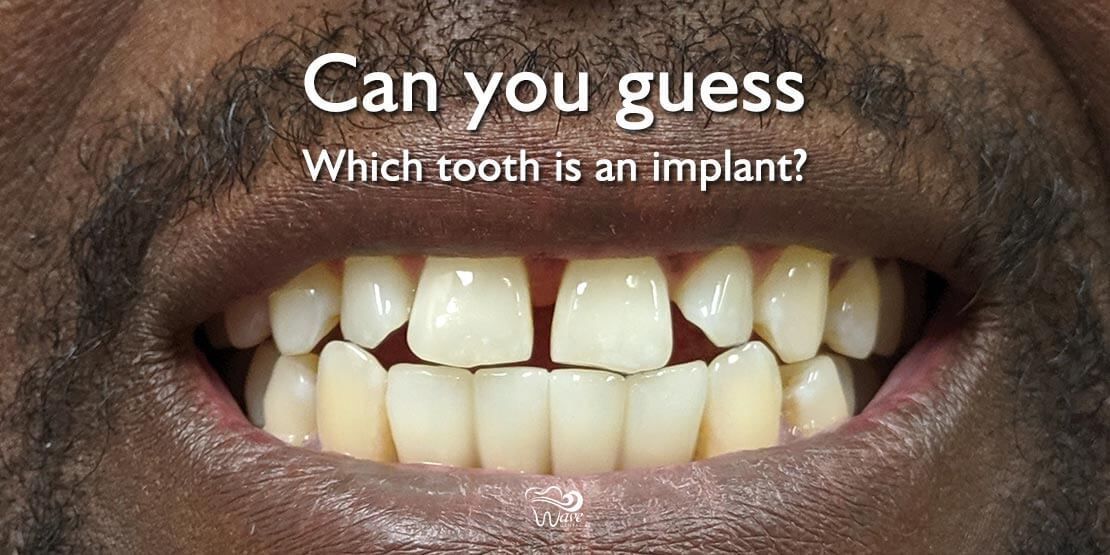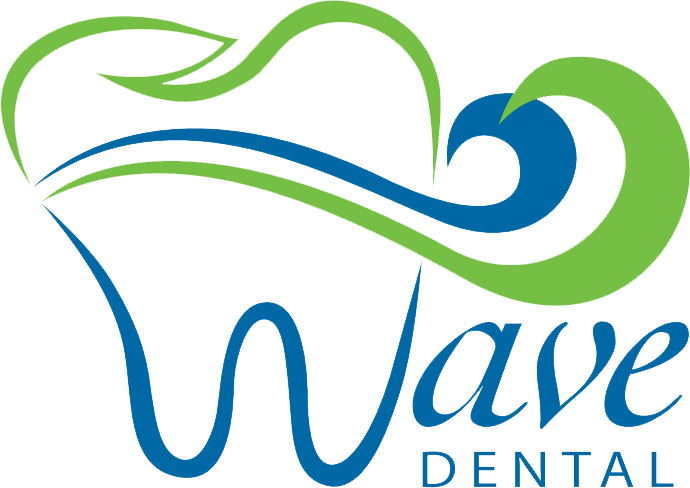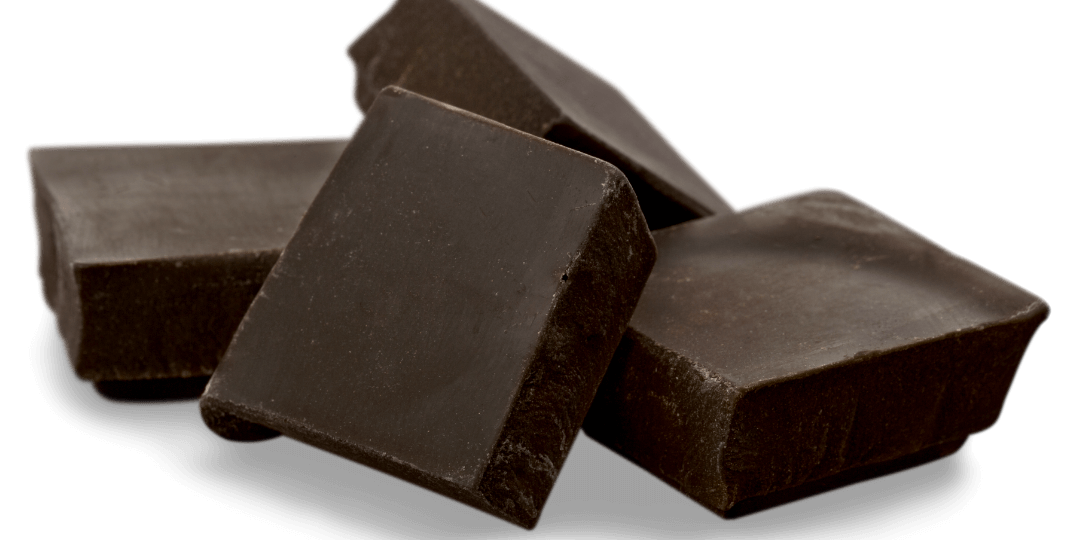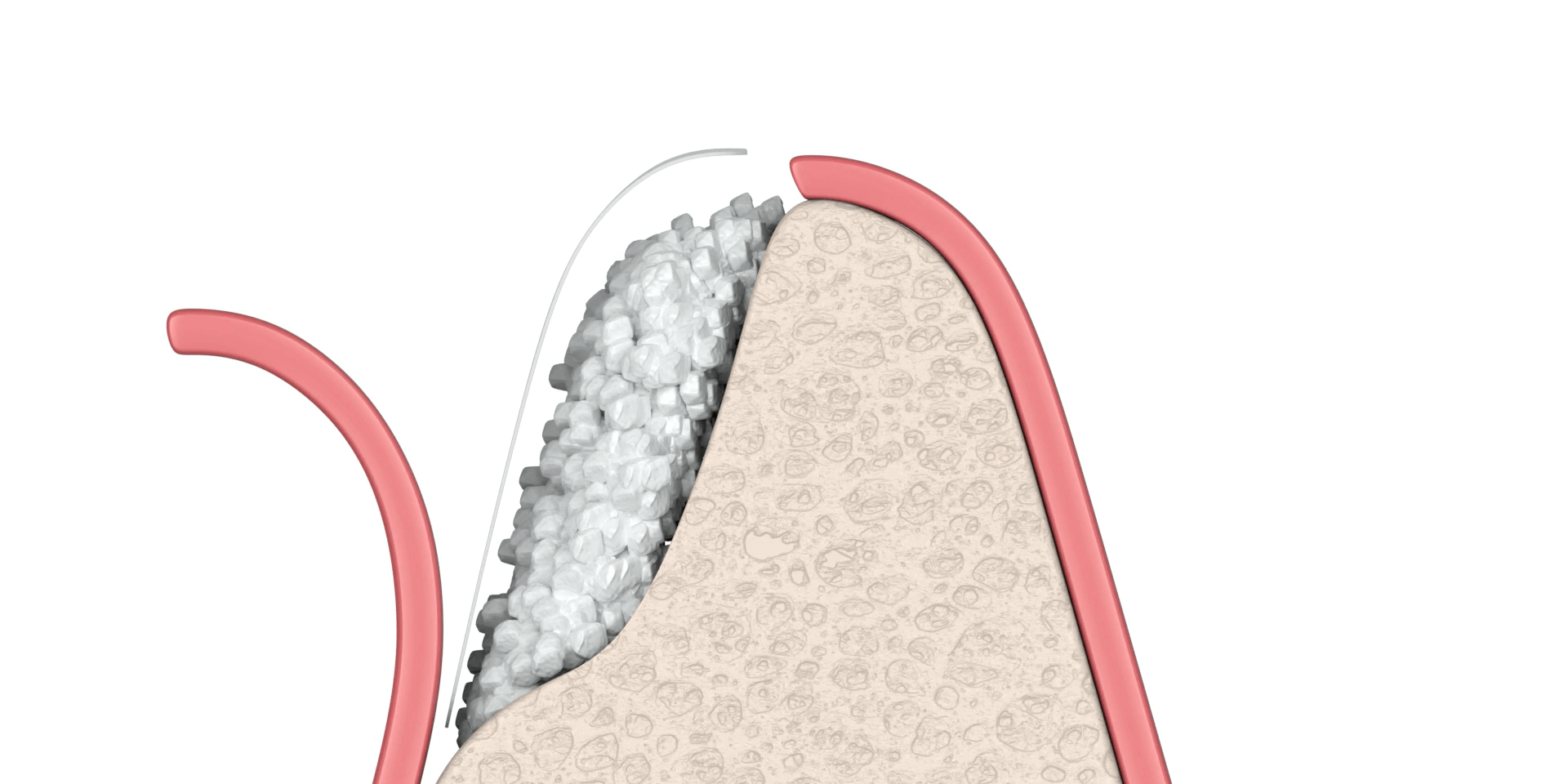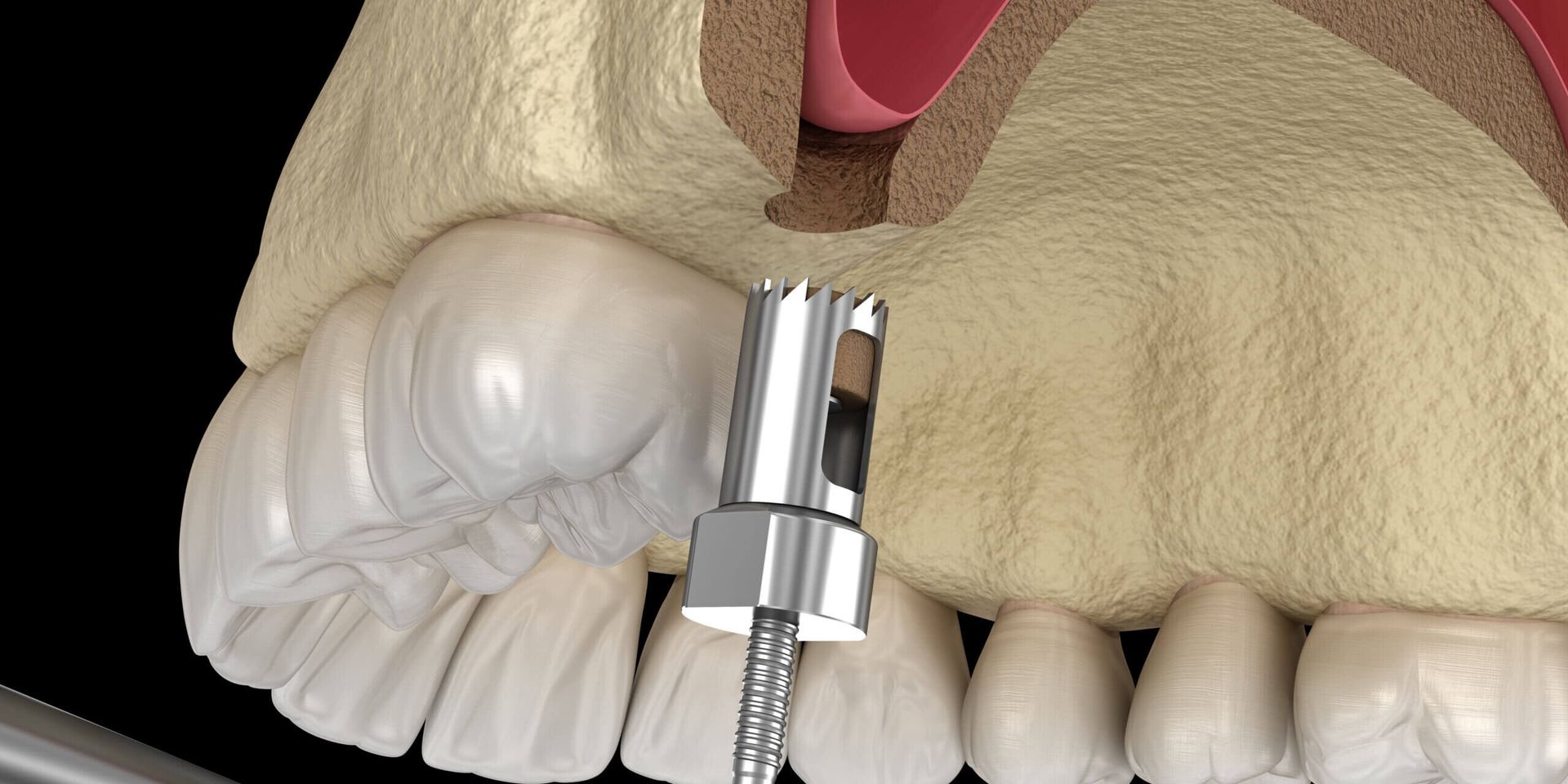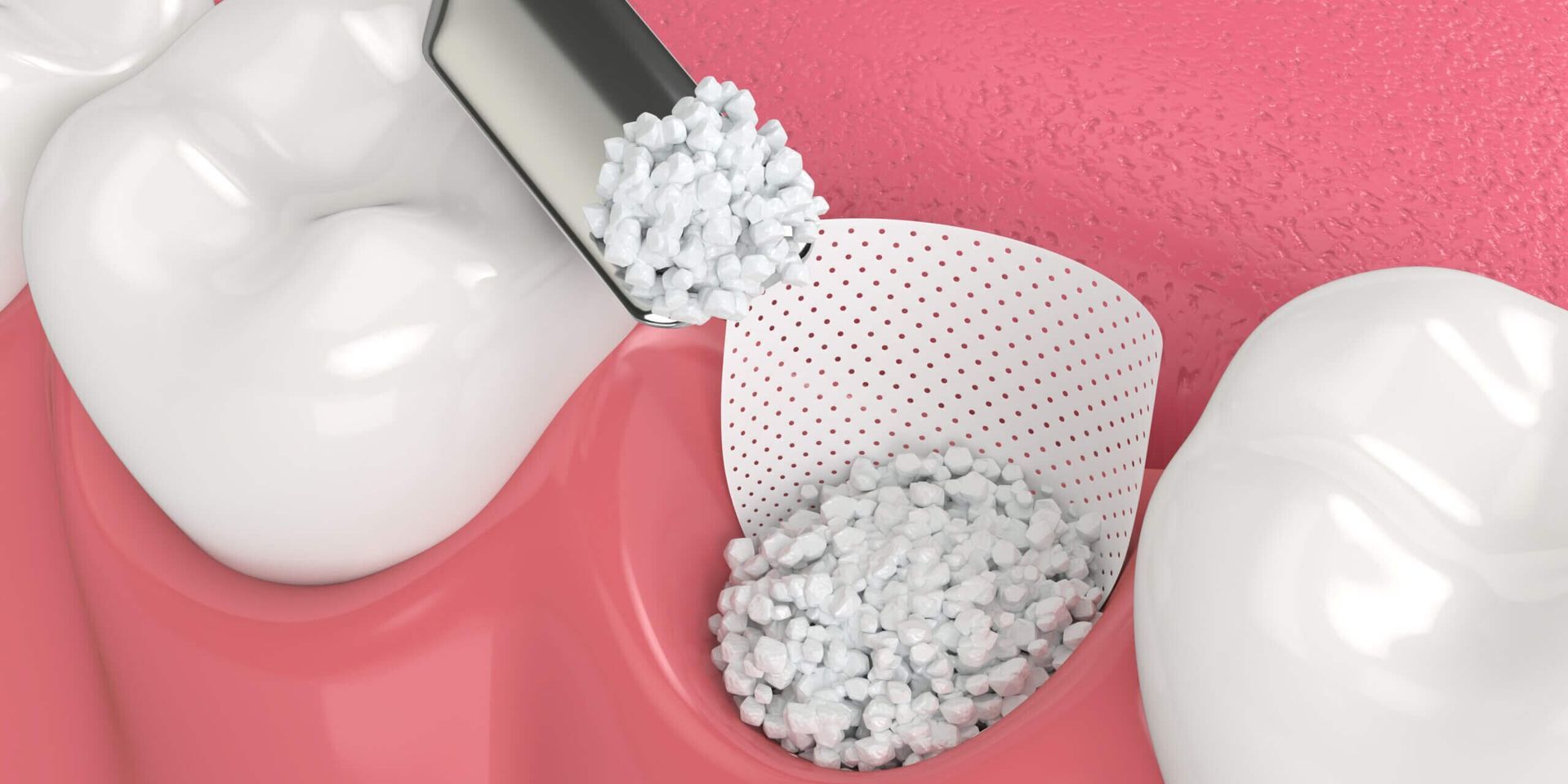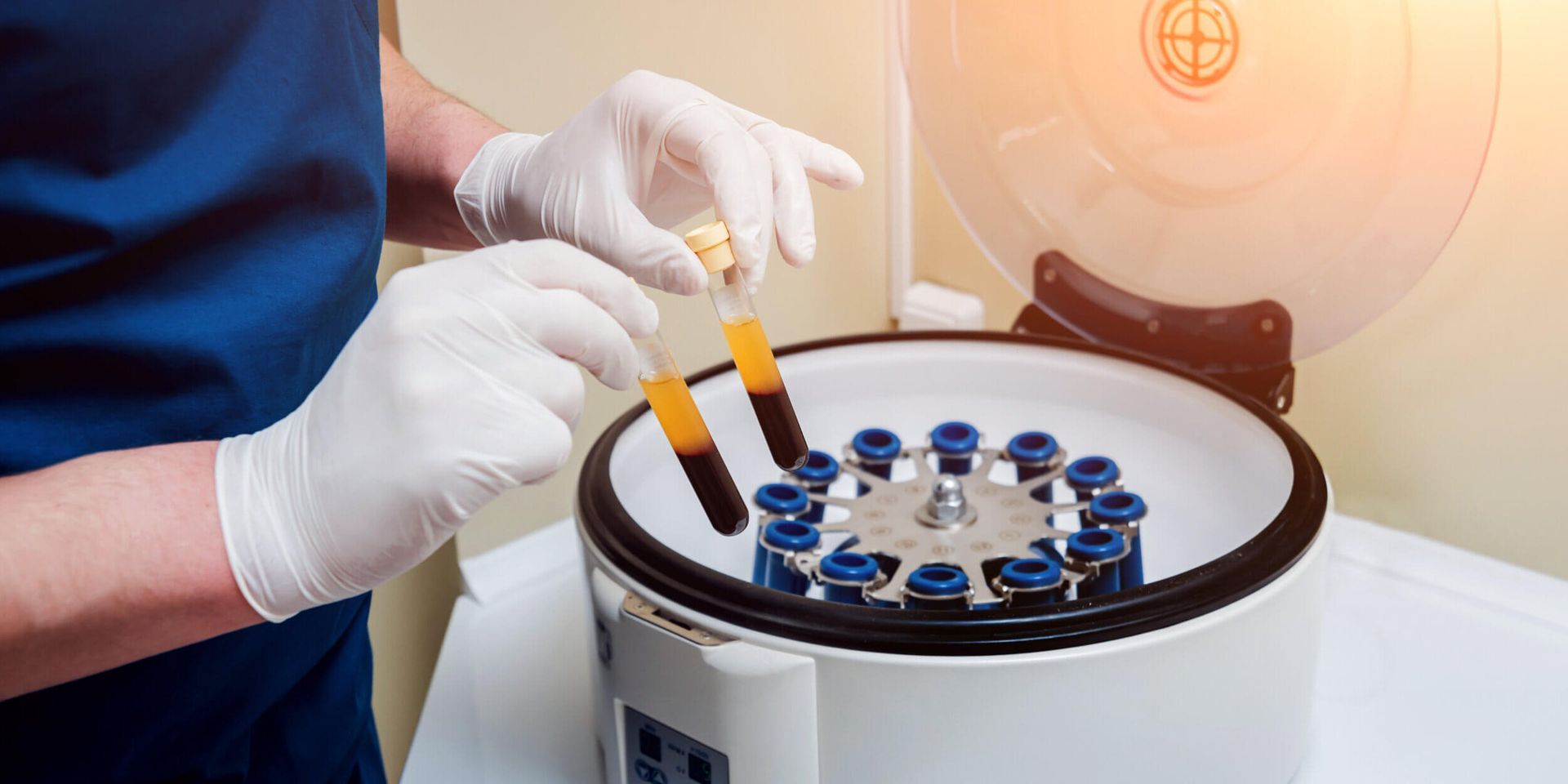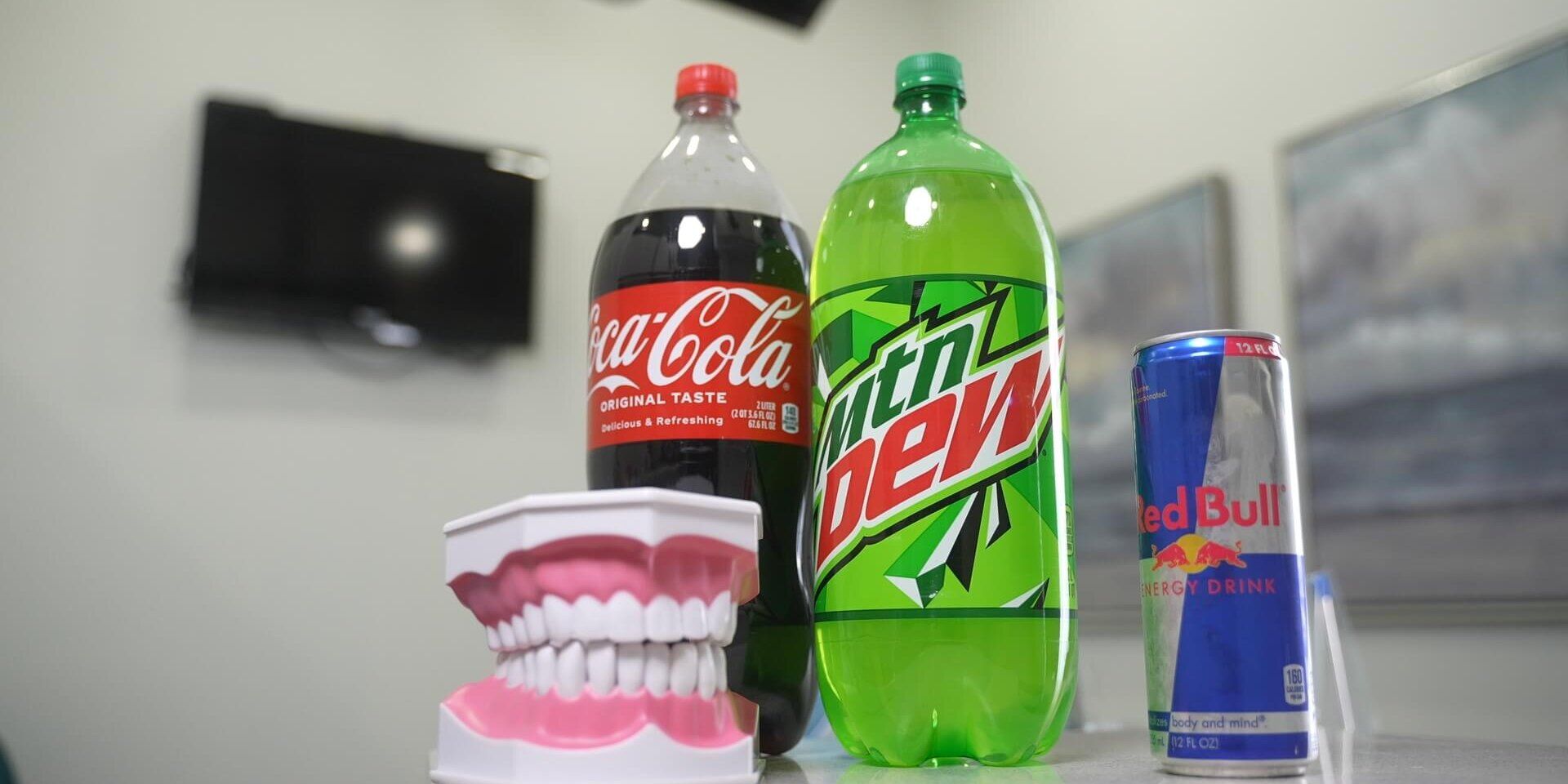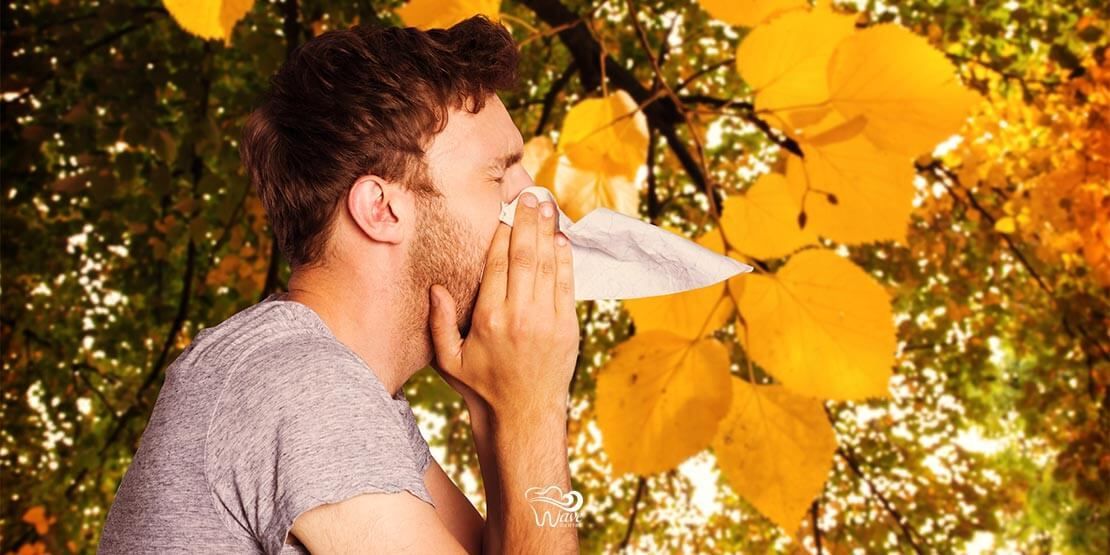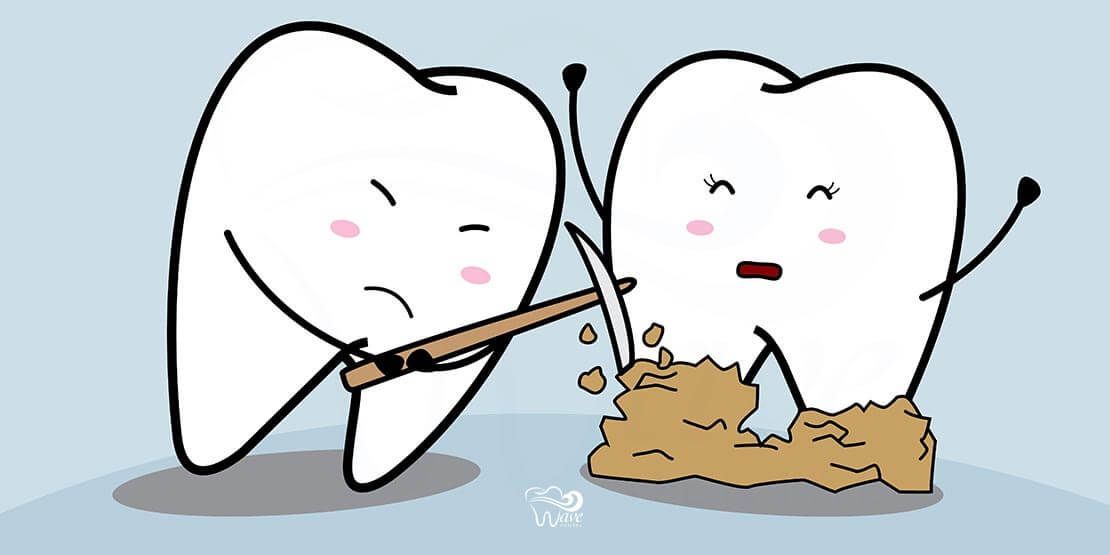Is Oil Pulling Good for Your Teeth?
Is Oil Pulling Good for Your Teeth?
The ancient dental practice of oil pulling has once again become a trend. But is there any evidence that it actually works?
Oil pulling has recently become a popular healthcare trend, with supposed benefits including teeth whitening and healing of cavities, along with many other diseases.
While the practice is commonly attributed to ancient Ayurvedic medicine, there is almost no evidence of that fact, just as there is a lack of evidence for its healing properties.
What is Oil Pulling?
As it is currently practiced, oil pulling involves placing vegetable oil (most commonly coconut oil), in the mouth and swishing for twenty minutes before spitting it out.
If you recall high school chemistry and the term “like dissolves like”, you can see how this should work, in theory, by dissolving the fatty outer layers of bacteria that water cannot dissolve.
Does Oil Pulling Work?
Many studies have been done on oil pulling, and although the quality of the studies is mixed, there is some evidence that oil pulling can reduce the amount of plaque in your mouth and reduce gingivitis.
However, there is absolutely no way that oil pulling can “heal” a cavity, and there is no evidence that it whitens your teeth, although many people have anecdotally reported the reduction in surface stains.
What are the Dangers of Oil Pulling?
Oil pulling is mostly harmless, although it should not be practiced by young children due to the risk of aspirating or swallowing oil.
It is very important that you DO NOT swallow any of the oil, since it is likely to be high in bacterial content and can make you sick.
Also, twenty minutes is a long time to exercise your facial muscles, so soreness can occur, especially if you already have tense muscles due to clenching and grinding your teeth.
Conclusion
The plaque that causes cavities and bad breath is actually a biofilm, or a layer of bacteria with sticky and protective properties. For this reason, only physical disruption of the biofilm, by brushing and flossing, is effective in removing the layer. Chemical processes alone are not effective enough to remove plaque.
Therefore, oil pulling is absolutely not a replacement for proper oral hygiene practices, although it can be helpful as an additional plaque-reducing technique, similar to using mouthwash.
Due to the risk of swallowing the oil, and the impracticality of swishing for twenty minutes, I personally would not recommend the practice of oil pulling.
